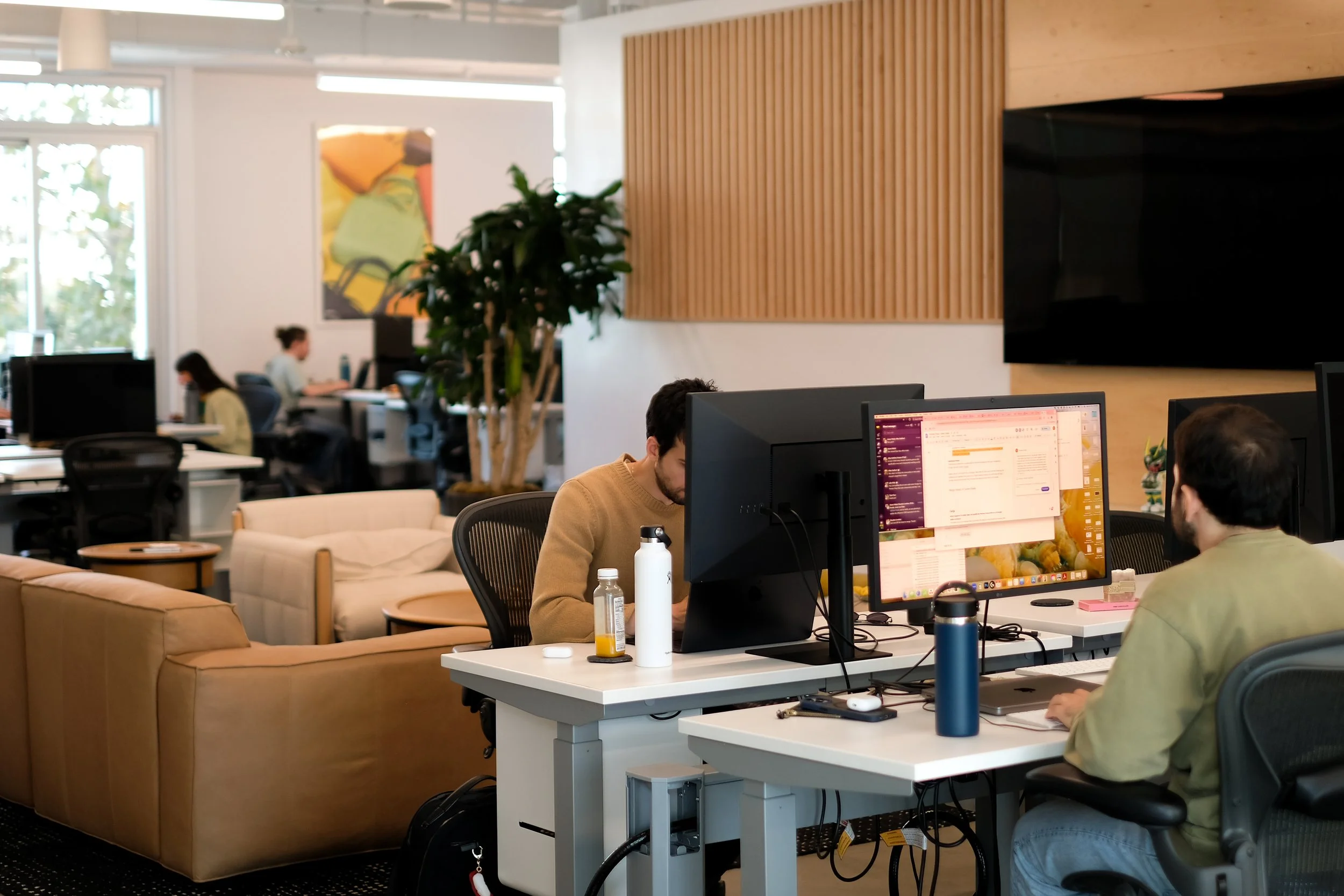An architecture firm must enlist the services of professional human resource and legal teams in order to recruit, retain, and protect employees. Furthermore, these professionals should ensure all applicable company, state and federal regulations are abided by so as to avoid fines or the closure of business operations.
Interns at smaller architectural firms gain invaluable experience by participating in all aspects of projects, meetings, and creative processes – giving them an in-depth knowledge of architecture.
Professional Development Opportunities
Architecture careers demand continuous learning and professional growth. Firms that support this professional growth will likely experience higher employee retention rates and have more dedicated workers. Benefits like continuing education allowances or tuition reimbursements can help employees hone their skills and stay current with emerging technologies and techniques.
Small firms allow interns to get involved with every aspect of the project process from design through construction, providing an immersive understanding of architecture as an industry and how all components work together towards producing something that meets clients’ needs.
Interns at small firms may also benefit from receiving more personal mentoring from senior architects, offering invaluable guidance that could aid their careers and advance them further.
Offering competitive employee benefits like paid time off, vacations and health insurance can help architecture firms attract and retain top talent. Such benefits may also contribute to creating a healthier work environment by helping reduce employee burnout risk. Many firms also provide wellness stipends so employees have money for things like gym memberships or healthy food options; such programs make workers feel like their employer cares genuinely for them which increases workplace loyalty and morale.
Competitive Salary
Many architecture firm provide competitive salary packages designed to attract and retain top-tier employees, such as bonuses or profit sharing, health insurance coverage and flexible scheduling or remote work options. Continuous learning or additional study opportunities may also help employees sharpen their skills further thereby making them even more valuable assets for the firm.
Architecture firm business owners’ annual income can differ significantly based on region and many other factors, including location, size of firm, years of experience and targeted market segments such as luxury residential homes or high-end commercial spaces. Focusing on luxury residential homes or high-end commercial spaces may generate significantly greater incomes than other architecture firm models.
As the economy improves, compensation levels in most sectors of architecture should continue rising – this trend being especially apparent among large firms which have demonstrated sustained profitability and steady revenue growth over recent years.
Effective ways of increasing earnings potential include building a successful portfolio of projects and a track record of meeting project deadlines and budgets, being proactive during performance reviews, and emphasizing tangible value brought to the firm by yourself and your contributions; building up a network can also open doors to more lucrative employment and professional development opportunities in architecture – potentially opening doors that lead to even more lucrative careers ahead!
Paid Time Off
Most architectural firms grant employees between 10-20 vacation days (2-4 weeks) annually depending on the size and seniority of their workforce. Some firms require employees to obtain permission from a manager or the firm’s principal before taking time off; such an antiquated factory-like system stifles creativity.
Most architecture firms provide health, dental and vision coverage for all their employees. Some firms also provide life and short/long term disability coverage. Furthermore, most architecture and design firms offer flexible spending accounts for out-of-pocket healthcare expenses and fitness subsidies for their staff members.
Architecture firms frequently provide new parents with maternity, paternity and parental leave services, along with childcare and eldercare services that may include the use of in-house staff or contractors to cover these functions.
Nearly all architectural firms provide formal mentoring or apprenticeship programs to assist junior members of their teams achieve career success, which is especially critical given architecture’s strict licensing and registration requirements. Such a program could involve mentoring a student intern architect, or providing registered architects the chance to mentor real projects while gaining practice experience through mentoring real projects in practice settings. Some firms even hire summer or co-op students part time for less complex tasks.
Vacations
Architecture firms frequently provide their employees with generous benefits packages, in addition to vacation time off. Depending on their firm policy, architects may qualify for up to 20 vacation days each year (2-4 weeks), which typically varies based on seniority. Most firms also require that employees ask permission from their manager or principal before taking vacation days in order to ensure proper scheduling and reduce scheduling conflicts.
Many architecture firms operate globally, enabling architects to travel as part of their jobs for large international firms. Traveling is common for architect jobs; meeting clients or visiting construction sites may require frequent travel as part of your duties; though seeing new things often helps keep architects interested and inspired!
Travel can provide young architects with invaluable experiences that broaden their perspective of design. Witnessing how different cultures approach architectural challenges and solutions can spark new ideas for projects being undertaken at architecture firms; that’s why many firms encourage interns to travel and gain first-hand knowledge of various cultures and architectural styles – it makes an enormous difference in creativity and innovation for a firm’s projects!



